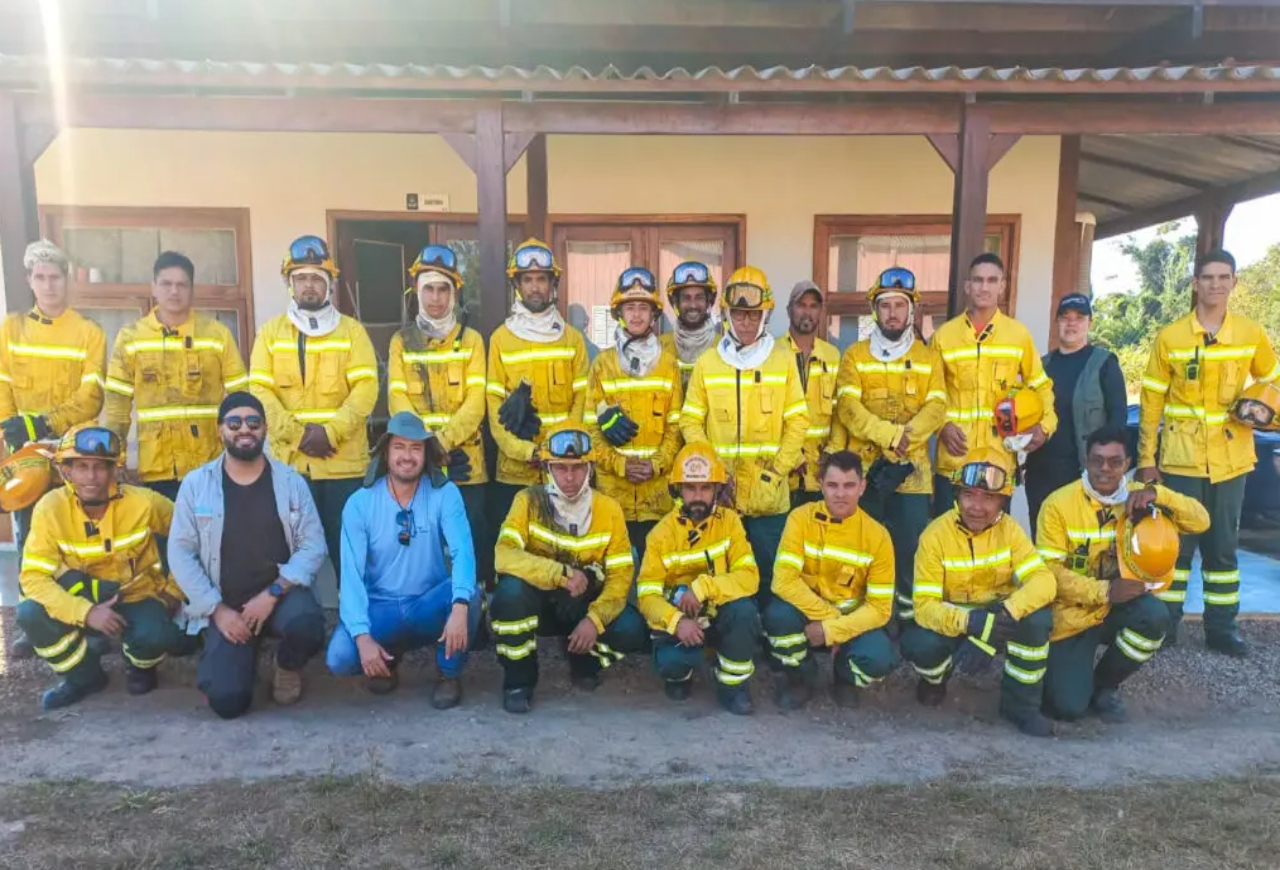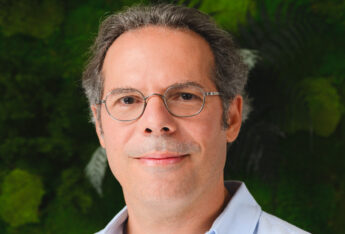OroraTech has raised €25m for its wildfire predictive AI technology, and for its global expansion plans. Extreme wildfire events are an increasing challenge, more than doubling globally from 2003 to 2023.

OroraTech, a German wildfire intelligence company using satellite data, has raised €25m in a series B funding round led by the European Circular Bioeconomy Fund (ECBF), family office Korys and existing investors Bayern Kapital, the venture/growth capital company of the German state of Bavaria.
Many other existing investors also recommitted capital, including Edaphon, Ananda Impact Ventures, ConActivity, and Findus Venture.
OroraTech has developed Wildfire Solution, a wildfire data platform, to detect and help improve the management of wildfires. The platform is powered by high-resolution and predictive algorithm data which is fed by the company’s two proprietary thermal satellites as well as by a public network of 23 thermal satellites.
The company said its mission was to empower fire fighters and land managers to mitigate destructive fires worldwide and that the funds raised would be used to enhance its predictive AI capabilities and orbital thermal sensor network. These innovations will improve the precision and speed of wildfire detection, allowing decision-makers to better assess risks and make data-driven choices that will improve operational efficiency, according to the firm.
The funds will also be used to invest into the company’s growth across existing markets in North America and the Asia Pacific region where OroraTech said there was a growing need for effective wildfire management.

Speaking to Impact Investor, Zach Ricklefs, content and communications manager for OroraTech, said: “We want to use the investment to extend our sensor network and launch another nine to 18 satellites in the next year. Furthermore, we are continuing to expand in areas that are particularly wildfire prone such as the US, Canada and Australia. Finally, we have about six petabytes [equal to 6 million gigabytes] of wildlife data already, so we would like to increase our AI capabilities to allow us to analyse it faster, finding data trends to further improve our fire model.”
ECBF investment
Impact Investor previously reported on the launch of the €300m EIB-backed ECBF, which also includes investments such as agritech firm Aphea Bio and plant-based meat company Heura Foods. Speaking to Impact Investor, Stéphane Roussel, partner at the ECBF, discussed the motivations for investing into OroraTech, explaining that the threat of wildfires was increasing as climate change drove more frequent and severe droughts, along with weather patterns that reduced moisture in vegetation, making landscapes more vulnerable to frequent and intense fires.
“As climate-related disasters become more common, the demand for precise and timely environmental data is growing rapidly. OroraTech is at the forefront of using space-based thermal imaging to detect wildfires in real-time, helping to reduce damage to forests—key pillars of the circular bioeconomy,” he said.

Roussel pointed out that forests not only produced oxygen and supported global biodiversity by providing habitats for diverse species, but also acted as critical carbon sinks.
“Additionally, they offer renewable resources like timber, bioenergy, and sustainable materials, which are vital for building climate resilience and driving the transition from fossil-based to sustainable alternatives,” he added. “Our investment in OroraTech reflects our strong belief in the transformative potential of space technology to enhance climate resilience and safeguard ecosystems essential to a sustainable bioeconomy.”
Wildfire prevention and management
Founded in 2018 as a spin-off from the Technical University of Munich, OroraTech is headquartered in Munich and has operations in Australia, Brazil, Canada, Greece, and the United States. Since 2022, the company has established what it describes as a comprehensive global satellite network using real time data to detect fires of any scale, day or night, in order to ensure a timely response, reducing damage and saving lives.
“When we started off, we were doing a lot of research into thermal cameras and different types of space payloads [those elements of the spacecraft specifically dedicated to producing mission data and then relaying that data back to Earth] that could really make a positive impact on the planet. What we found was that by strapping a thermal camera to the side of a satellite, we could have a really precise view of what was happening on Earth as far as wildfires were concerned,” explained Ricklefs.
The company says its wildfire data platform can estimate the risk, detect the outbreak of any fire of four by four metres in size or larger, and use AI to predict the growth and direction of spread of any forest fire on Earth. It also provides data on where an area has been burnt once a wildfire has been extinguished, which is when, Ricklefs said, the real work starts.
“Having all that data available to really understand the impact of the wildfire is incredibly important, especially when you’re trying rebuild and reseed a forest.”
Increase in wildfires
According to academic research published in June, which uses analysis of satellite data, extreme wildfire events increased by 2.2-fold globally from 2003 to 2023, with the six most extreme years with respect to magnitude occurring within the last seven years. The worst affected regions include Australasia, the boreal forests of Northern Europe and Canada and the temperate conifer forests, such as in the western US and Mediterranean woodland/forests.
“We have twice as many wildfires today as we did 30 years ago, and they have easily doubled in intensity. Many of the largest wildfires in history have happened in the last five to 10 years,” said Ricklefs explaining that climate change was driving many of the factors associated with this.
“As the climate gets drier and weather becomes more erratic, wildfires are likely to get bigger and spread faster.”
Ricklefs said many of the world’s wildfires started in remote locations where there is not a lot of ability to have overwatch or in areas so vast, that it is difficult to find them at speed.
“Much of what we do is to detect wildfires as they happen, so that firefighters can mitigate before they grow out of control. Especially in incredibly large areas, there often isn’t a system to watch over the entire land, which means firefighters often rely on emergency calls as their first point of detection. We are trying to change this.”
Europe focus
In July of this year OroraTech signed a €20m contract with the European Space Agency to support the Greek government in the management of wildfires. According to the EU’s Copernicus Atmosphere Monitoring Service, in 2023, Greece experienced the largest wildfire in the European Union to date.
“A large amount of wildfires in Europe are concentrated in the Mediterranean region and in Greece in particular,” said Ricklefs. “We’re providing the Greek government with thermal data of the entire country to support their fire season and existing apparatus in the prevention and management of wildfires. We are working closely with the Ministry of Digital Governance, the Hellenic Space Center, the Hellenic Fire Service as well as Greek universities to make this happen.”
Ricklefs said the company was working to better understand wildfire behaviour, how they spread and the factors that fuel them to better predict their likely ignition and trajectories.
“If we can provide land managers and fire agencies with that type of data that’s where the real mitigation can happen.”





